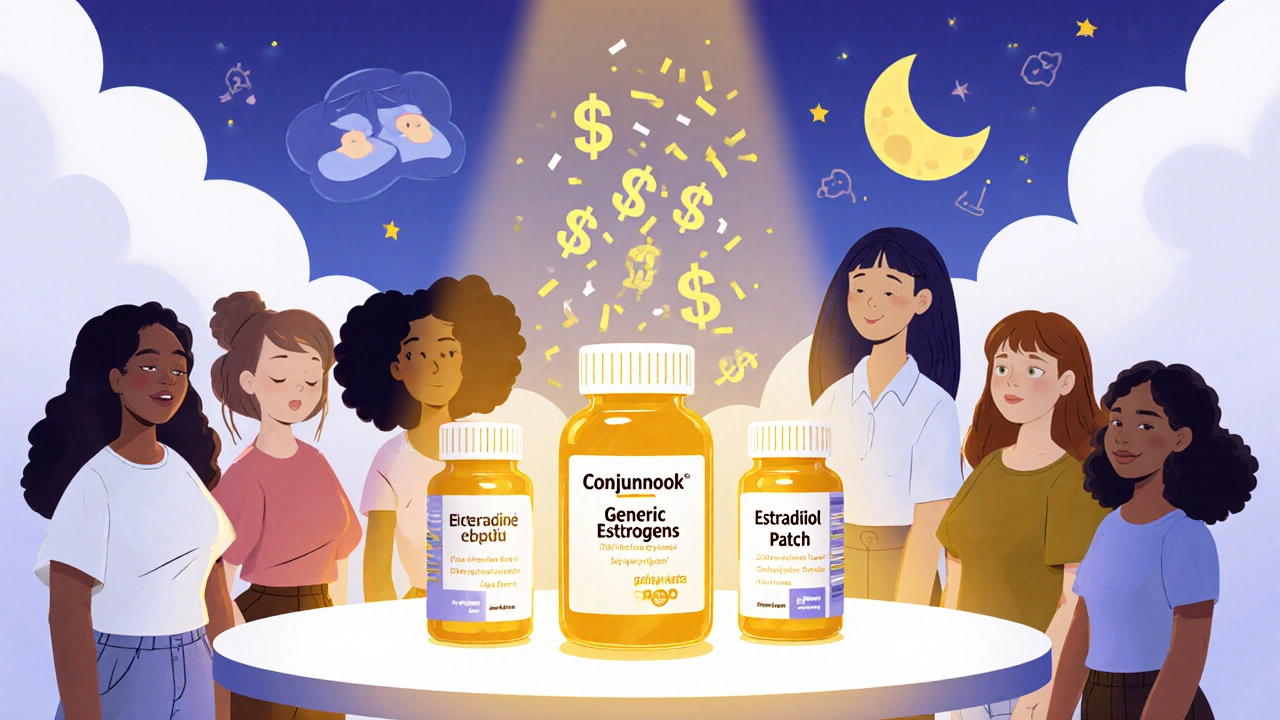Menopause Treatment: Effective Options, Alternatives, and What Actually Works
When your body shifts into menopause, the natural end of menstrual cycles marked by declining estrogen levels. Also known as perimenopause transition, it’s not a disease—it’s biology. But that doesn’t mean you have to suffer through night sweats, brain fog, or vaginal dryness without help. Millions of women face these changes every year, and the good news is there are real, proven ways to manage them—without jumping straight to prescription pills.
Hormone replacement therapy, the use of estrogen or estrogen-progestin to ease menopausal symptoms is still the most effective treatment for hot flashes and night sweats. But it’s not for everyone. If you have a history of breast cancer, blood clots, or liver disease, your doctor might suggest alternatives. That’s where vaginal dryness treatments, localized therapies like creams, rings, or tablets that restore moisture without systemic hormones come in. These work right where you need them, with far fewer risks.
And it’s not just about hormones. Lifestyle changes matter more than you think. Studies show that regular movement—even walking 30 minutes a day—can cut hot flashes by nearly half. Cutting back on caffeine and alcohol helps too. For sleep issues, some women find relief with low-dose antidepressants, medications like SSRIs or SNRIs that aren’t used for depression but can reduce hot flash frequency. You might be surprised to learn that the same drugs used for anxiety or low mood are also prescribed off-label for menopause symptoms.
There’s a lot of noise out there about herbal supplements—black cohosh, red clover, soy isoflavones. Some women swear by them. But science is mixed. A few studies show mild benefit. Others show no difference from placebo. If you try them, talk to your doctor first. Some can interfere with other meds, especially if you’re on blood thinners or thyroid drugs.
What you won’t find in most online guides is how to choose the right path for your body. Not every woman needs hormones. Not every woman has severe symptoms. Some just need better sleep habits. Others need help with bladder control or mood swings. The posts below cover exactly that: real comparisons between treatments, what works for fatigue, what doesn’t help with dryness, and which options are safest long-term. You’ll see how medications like menopause treatment options stack up against each other, what side effects to watch for, and how to spot the difference between a helpful remedy and a marketing gimmick.

